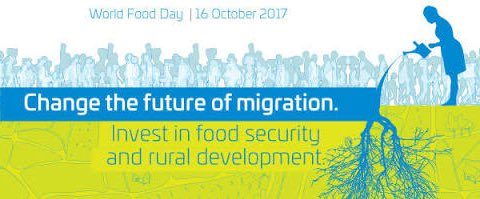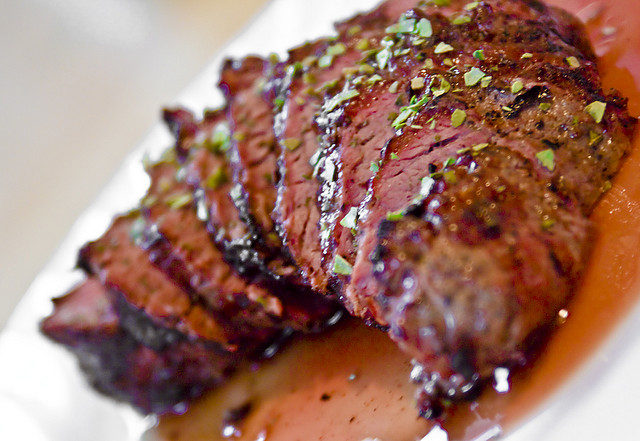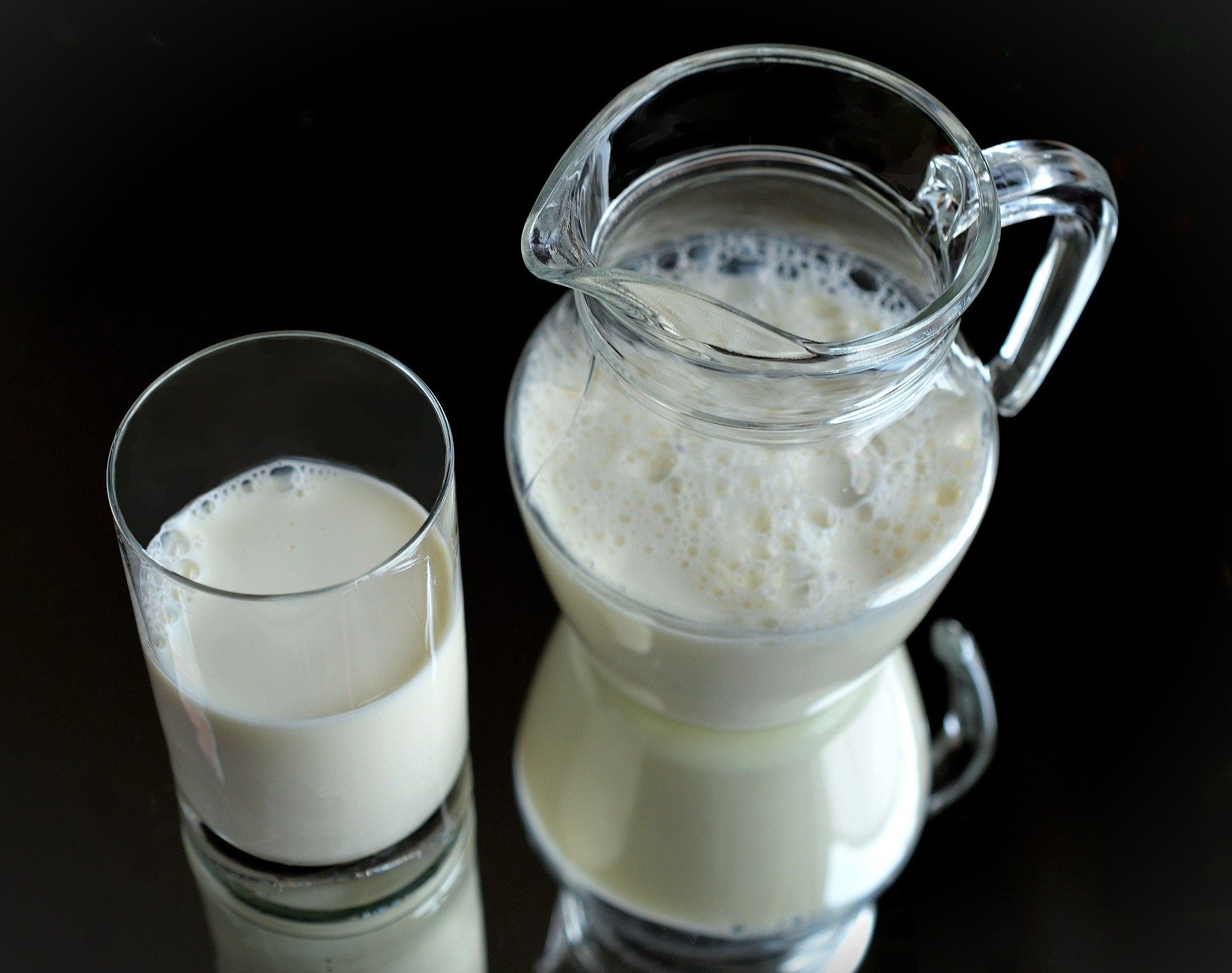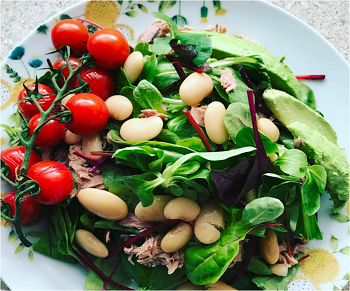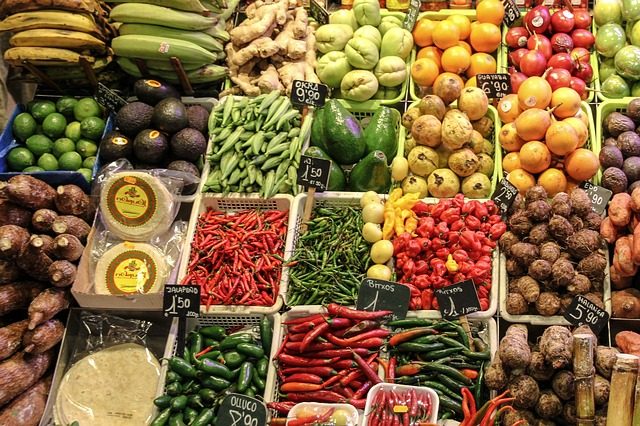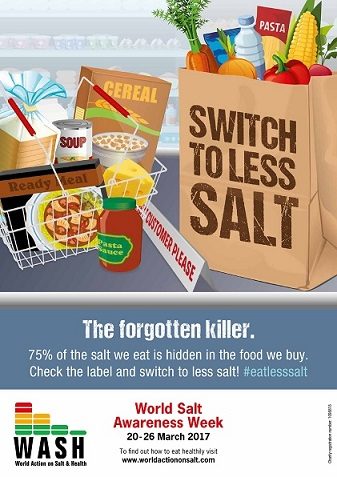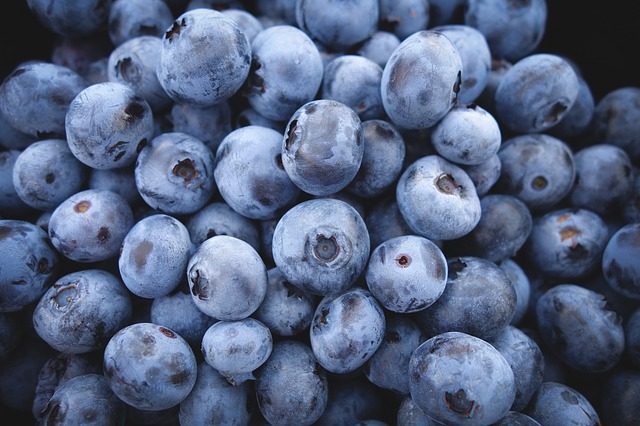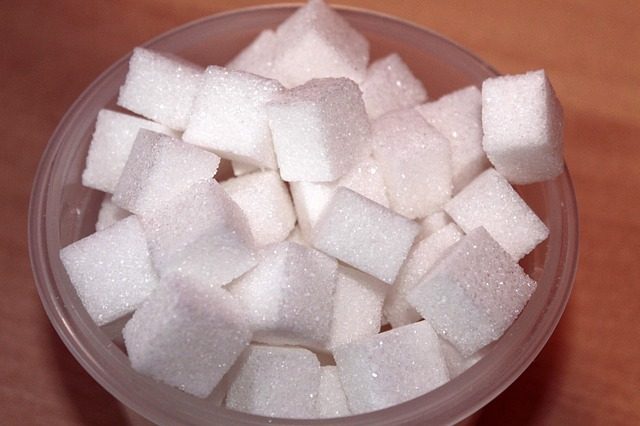World Food Day
Last week Monday was World Food Day. This day is recognised every year on 16th October and aims to highlight the on-going issue of hunger and food scarcity globally. It gives us the opportunity to reflect on the world’s efforts to ensure food security and that everyone has access to healthy food.
This year’s theme was “Change the future of migration. Invest in food security and rural development.” The idea behind this theme was to raise awareness of the fact that addressing the reasons why people migrate will enable us to tackle hunger and food scarcity.
People migrate for many reasons such as political instability or conflict in a country, but many more people migrate due to hunger, poverty and extreme weather conditions. A lot of migration occurs in developing countries where people move within their country, for example from the countryside to the city. This puts a huge strain on already meagre resources and further exacerbates the problem of hunger and food scarcity in these countries.
Research has shown that 763 million people migrate within their borders which, contrary to popular beliefs, means there is more internal migration then external migration in the world. When we look at the people who migrate internally a third of them are young adults aged 15-34 and almost half of them are women. The question is: what is going on? Why are young adults and women migrating in such large numbers? As previously stated people migrate for many reasons, and hunger and poverty is one of them.
What World Food Day is encouraging people to understand is why people are hungry and poor in the first place. Can we tackle those reasons? If we can get to the root of the problem and address these reasons, it will prevent hunger and poverty. This will stop people from migrating in such large numbers and then putting a strain on food resources in the cities they migrate to.
When we look at people that migrate internally, the majority come from rural areas where people depend on a limited number of sectors to survive. There tends to be a lack of job opportunities, a lack of opportunity for further education and no access to healthcare; pairing this with other issues like a natural disaster leads to migration. Therefore, this World Food Day, the Food and Agriculture Organisation of the United Nations encouraged governments to focus on rural development.
Through rural development business, job and educational opportunities can be developed making communities stronger financially. Whilst providing access to good healthcare can improve their health and wellbeing. This means rural communities can become stronger so that when disaster strikes they are better equipped to overcome any natural or man-made disaster. They can stand strong without the need for mass migration.
The key to rural development is balance. We know that aspects of rural life are better for our health and well-being – people are more physically active, consume less processed foods, are less dependent on technology and have better social interactions. Therefore there is a need to preserve what is good about rural living and turn away from just converting rural areas into urban cities. We need a creative approach to rural development that delivers the development that is needed to strengthen communities, but doesn’t create the problems associated with urban living. This can only be achieved by a totally understanding the communities, their interests and what they would want from urban development.
We hope that the message from World Food Day resonated with people throughout the world so that we can eradicate hunger and poverty. There is certainly enough food and resources in the world to feed everyone so let us spread that around by strengthening all communities.
References
Food and Agriculture Organisation of the United Nations







